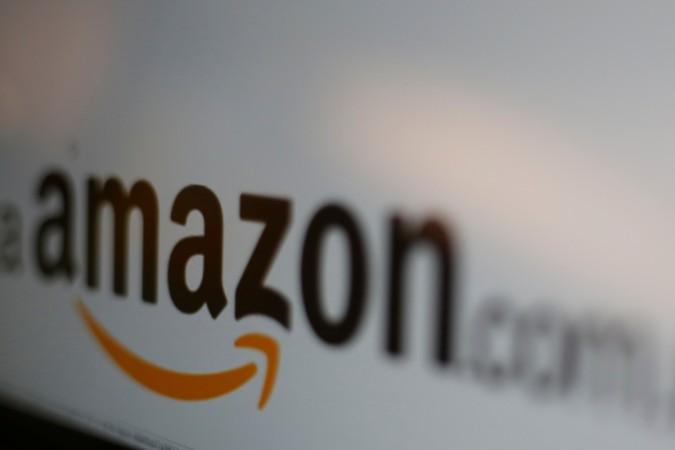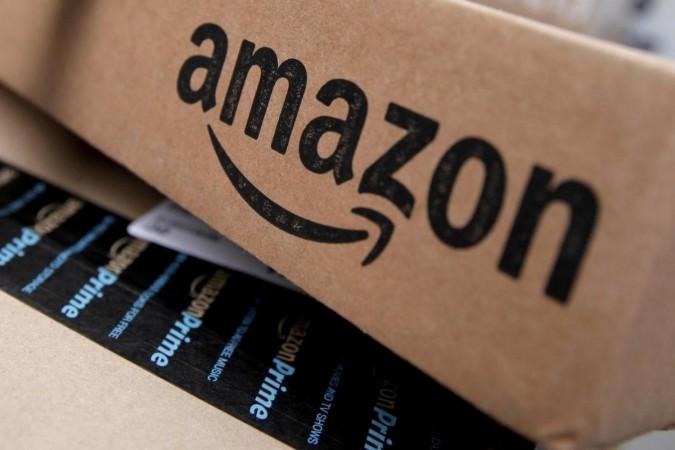Amazon has busted a counterfeit racket involving two influencers and a dozen third-party merchants for allegedly promoting and peddling counterfeit goods on the e-commerce platform. The influencers and sellers are now in hot waters after Amazon filed a lawsuit in the United States District Court for the Western District of Washington, alleging the defendants operated in concert with each other to sell counterfeit products and engage in false advertising.
Amazon has named Kelly Fitzpatrick and Sabrina Kelly-Krejci for allegedly using social media platforms Instagram, Facebook and TikTok and their personal websites to promote counterfeit products being sold on Amazon. The suit also names 11 individuals and businesses based in the U.S. and China that allegedly listed the counterfeit goods on the e-commerce platform.
Evading Amazon's anti-counterfeit protections

According to Amazon, Fitzpatrick and Kelly-Krejci allegedly posted side-by-side photos of a generic, non-branded product and a luxury counterfeit product, like Gucci or Dior, with the text, "Order this and Get this."
In the post, "Order this" was in reference to the generic product advertised on Amazon, and "Get this" referred to the counterfeit luxury product that customers get when they place the order. This trick helped the influencers and sellers evade Amazon's anti-counterfeit protections while using social media to promote the true nature of these counterfeit products. Amazon found that Fitzpatrick and Kelly-Krejci allegedly posted numerous videos describing the alleged high quality of the counterfeits they promoted, in a bid to push the sales.
"These defendants were brazen about promoting counterfeits on social media and undermined the work of legitimate influencers," said Cristina Posa, Associate General Counsel and Director, Amazon Counterfeit Crimes Unit. "This case demonstrates the need for cross-industry collaboration in order to drive counterfeiters out of business. Amazon continues to invest tremendous resources to stop bad actors before they enter our store and social media sites must similarly vet, monitor, and take action on bad actors that are using their services to facilitate illegal behavior."
Fitzpatrick was also a member of Amazon Associates Program, but was removed after the discovery of advertising counterfeits, the company said. Fitzpatrick allegedly ran promotions on her website as well, directing consumers to purchase the product advertised using a "hidden link."
"As Fitzpatrick explains to her followers, a 'hidden link' means 'you order a certain product that looks nothing like the designer dupe in order to hide the item from getting taken [by Amazon] and orders being cancelled,'" according to the complaint, which quotes from a post on Fitzpatrick's website, CNBC reported.

Amazon has since shut down the accounts of those selling counterfeits and confirmed the products were indeed fake.
"Buying counterfeit goods is not cool! When you knowingly buy counterfeit goods you support terrorists, criminal organizations, people who do not pay taxes, who exploit child labor, and ultimately the price of branded goods go up. Everyone loses! If you want to treat yourself to your favorite luxury item, work hard and save your pennies like the rest of the world. For the life of me, I do not understand this behavior. If you think owning a counterfeit handbag or belt is harmless, think of purchasing counterfeit prescription drugs or automobile parts - those fake goods can kill people," Stacey Kalamaras, trademark and copyright attorney, said of the scheme and strongly condemned buying of fake goods.
Amazon has invested over $500 million to protect customers and brands from fraud, abuse, and counterfeit. As a result of Amazon's efforts, 99.9% of all products viewed by customers on Amazon have not received a valid counterfeit complaint. Amazon, in June this year, even launched its Counterfeit Crimes Unit, a global team with specialized experience in investigating and bringing legal action against bad actors.







!['Abhishek will win national award': Abhishek Bachchan's poignant act will tug your heartstrings in slice of life emotional saga I Want To Talk [trailer review]](https://data1.ibtimes.co.in/en/full/805617/abhishek-will-win-national-award-abhishek-bachchans-poignant-act-will-tug-your-heartstrings.jpg?w=220&h=138)



